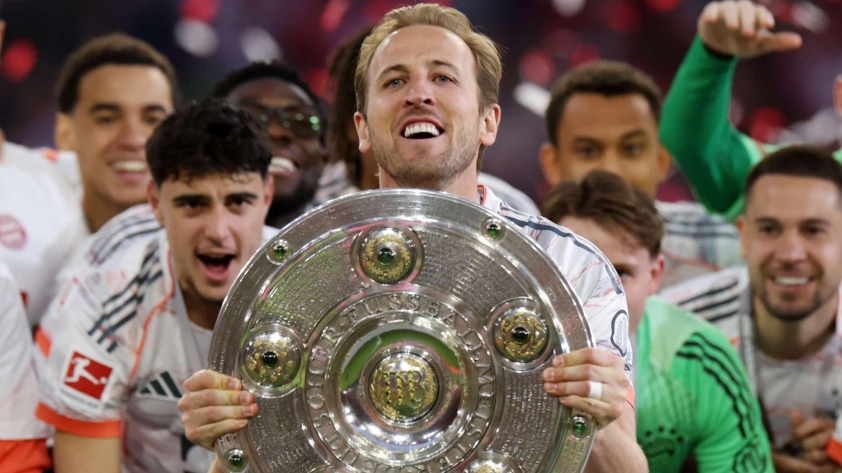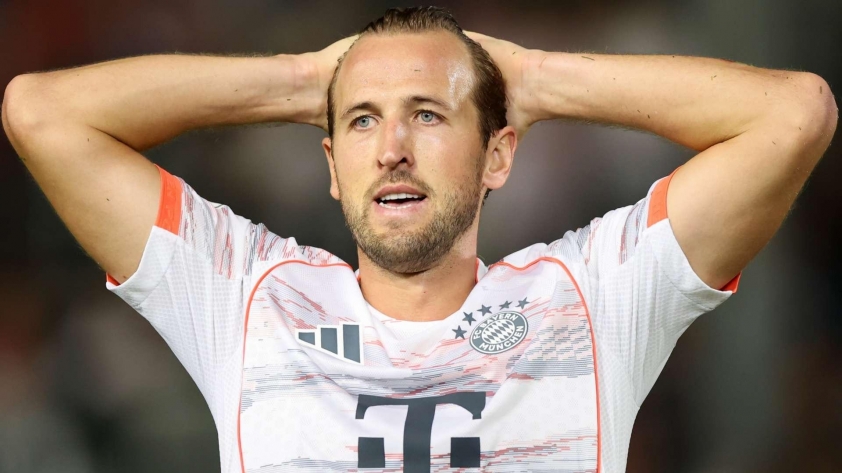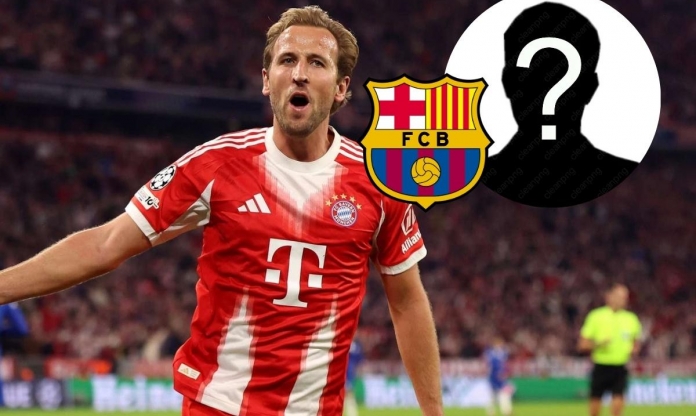Conditions for Harry Kane to become a legend in Germany
Despite scoring more than 100 goals for Bayern Munich, Harry Kane has yet to be regarded as a legend. Ex-footballer Mario Basler thinks he requires three additional major trophies to achieve that level.
Having scored over 100 goals for Bayern Munich, Harry Kane is still not seen as a legend at the Bavarian giants. According to former player Mario Basler, the English striker must win three more major titles with the German club to reach legendary status.
Joining Bayern in 2023 after several trophyless years at Tottenham, Kane quickly broke his "title curse" by winning the Bundesliga in the 2024–2025 season and then the German Super Cup. However, Basler believes these achievements are still not enough to place him alongside icons like Gerd Müller or Philipp Lahm.

Basler told Goal: “Kane is a top-class player, no one denies that. But to become a Bayern legend, he needs more than just goals. If Kane helps the team win the Champions League, DFB-Pokal, and continue dominating the Bundesliga, only then can we talk about legendary status.”
The former Bayern star also emphasized that time is a crucial factor: “Kane might stay at Bayern for another two to four years. If by 2029 he maintains his form and adds enough trophies to his collection, then we can revisit this conversation.”
As for Kane, the English striker is currently in outstanding form, helping Bayern win all nine matches at the start of the season. He is expected to lead the team back to the top of European football, where they have not won the Champions League since 2020.

Kane’s future is also a hot topic. His contract with Bayern runs until 2027 but includes a clause allowing him to leave if an offer of £57 million is received. Some sources suggest Kane might consider returning to the Premier League or trying his luck in Spain, but many experts believe he should stay at Bayern to cement his legacy.
If he wins the Champions League in the coming years, Harry Kane will not only complete his career but also secure his place among the legends of the Bavarian giants.


Wonderfulshortvideo
liverpool 1-0 real madrid mbappe vs liverpool jude bellingham vs liverpool xabi alonso interview xabi alonso press conference


diaz goal today bayern 2-1 psg


🏆 CHAMPIONS LEAGUE 🇪🇺 | 04/11/25


🏆 CHAMPIONS LEAGUE 🇪🇺 | 04/11/25


Congratulations to Cristiano Junior and Portugal U16


🏆 CHAMPIONS LEAGUE 🇪🇺 | 04/11/25


SERIE A 🇮🇹 | 03/11/25









 Links
Links
 Contact
Contact
 App
App


